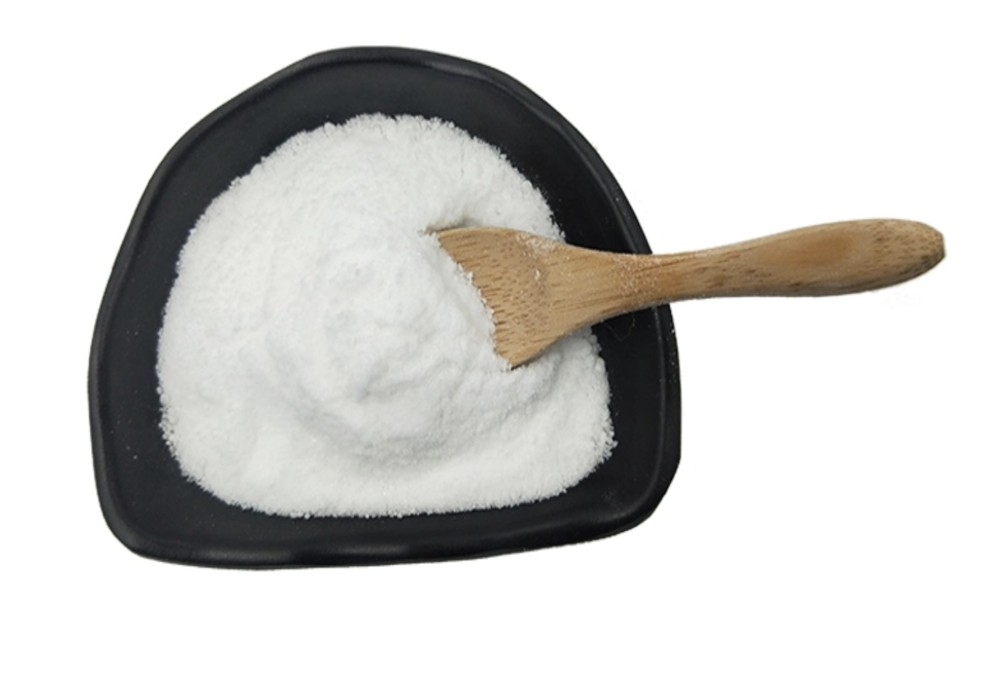Threonine is an important nutritional enhancer, which can strengthen grains, pastries and dairy products. Like tryptophan, threonine can restore human fatigue and promote growth and development. In medicine, because the structure of chemicalbook threonine contains hydroxyl groups, it has a water holding effect on human skin, combines with oligosaccharide chains, plays an important role in protecting cell membrane, and can promote phospholipid synthesis and fatty acid oxidation in vivo.
Used in biochemical research, as an amino acid nutrition medicine in medicine, mainly used to treat anemia. Use amino acid medicine. Mainly used in amino acid infusion, comprehensive amino acid preparation, food nutrition enhancer. Lack of threonine can cause loss of appetite, weight loss, fatty liver, testicular atrophy, staining changes in the anterior pituitary cells and affect bone development. Adverse reactions taboo: when an adult instills 22.5g once, it can cause fever, headache and other adverse reactions.
Nutritional supplements. In addition to supplementing L-lysine, cereal protein is also L-threonine. This is because although the content of L-threonine is high, the combination of threonine and peptide in protein is difficult to hydrolyze, and it is difficult to digest and absorb. It is also used to prepare amino acid infusion and comprehensive amino acid preparations.
-Keep the balance of amino acids in the forage and stimulate the growth of the animals;
--Improve the meat quality;
--Increase the nutritive value of forage raw materials which have low amino acid digestibility;
--Apply to the production low-protein forage;
--Cut down the cost of raw materials for forage;
--Decrease the nitrogen content in the excrement and urine of animals so that the release of ammonia is slowed and the ammonia concentration is kept low in animal shed.






















